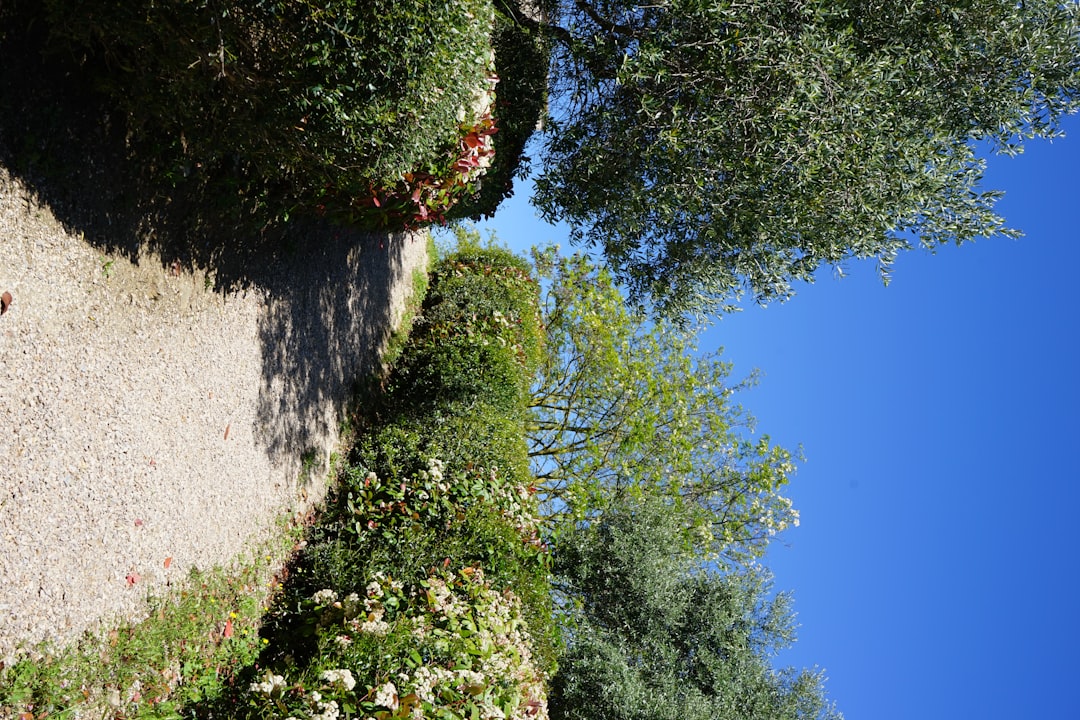The Enchanting World of Jerusalem Artichoke Cultivation

Jerusalem artichokes, also known as sunchokes, are a delightful addition to any garden. Not only do they offer beautiful, sunflower - like blossoms, but their edible roots are a culinary treat. In this article, we'll explore the ins and outs of growing Jerusalem artichokes to help you enjoy both their aesthetic appeal and practical benefits.
### Understanding Jerusalem Artichokes
Jerusalem artichokes (Helianthus tuberosus) are a type of perennial plant. They belong to the sunflower family, and their tall, sturdy stems can reach heights of up to 10 feet. The bright yellow flowers that bloom in late summer and early fall are not only visually appealing but also attract pollinators such as bees and butterflies to your garden.
The most unique feature of Jerusalem artichokes is their tubers. These knobby, irregularly - shaped roots are rich in inulin, a type of dietary fiber that is beneficial for gut health. They have a sweet, nutty flavor and can be used in a variety of culinary applications, from roasting and boiling to making soups and salads.
### Choosing the Right Location
Jerusalem artichokes thrive in full sun. When selecting a spot in your garden, make sure it receives at least 6 - 8 hours of direct sunlight per day. They are also quite adaptable to different soil types, but they prefer well - drained, fertile soil. If your soil is heavy clay or sandy, you can improve its quality by adding organic matter such as compost or well - rotted manure.
It's important to note that Jerusalem artichokes can be quite invasive. They spread through underground tubers, so it's a good idea to plant them in an area where they can be contained. You can use a large, deep container or create a barrier around the planting area to prevent the tubers from spreading too far.
### Planting Jerusalem Artichokes
The best time to plant Jerusalem artichokes is in the spring, as soon as the soil can be worked. You can purchase tubers from a nursery or save some from a previous harvest. Before planting, soak the tubers in water for a few hours to rehydrate them.
Dig holes that are about 4 - 6 inches deep and 12 - 18 inches apart. Place a tuber in each hole, with the eyes facing up, and cover it with soil. Water the area thoroughly after planting to help the tubers settle in.
### Caring for Jerusalem Artichokes
Once your Jerusalem artichokes are planted, they require relatively little care. Water them regularly, especially during dry spells, to keep the soil evenly moist. However, be careful not to over - water, as this can cause the tubers to rot.
Fertilizing is also important for healthy growth. You can apply a balanced, slow - release fertilizer at the time of planting and again in mid - summer. Avoid using too much nitrogen, as this can result in excessive foliage growth at the expense of tuber development.
As the plants grow, you may need to stake them to prevent them from falling over, especially in windy areas. Pruning is generally not necessary, but you can remove any dead or damaged leaves to keep the plants looking tidy.
### Harvesting Jerusalem Artichokes
Jerusalem artichokes are ready for harvest in the fall, after the first frost. The frost helps to sweeten the tubers. To harvest, use a garden fork to gently loosen the soil around the plants and lift the tubers out. Be careful not to damage the tubers during the process.
You can store the harvested tubers in a cool, dark place for several months. They can also be left in the ground over the winter and harvested as needed, although this may increase the risk of the tubers freezing in colder climates.
### Culinary Uses of Jerusalem Artichokes
Jerusalem artichokes are incredibly versatile in the kitchen. You can peel and slice them raw for salads, where their crisp texture and sweet flavor add a unique touch. Roasting them with olive oil, salt, and pepper brings out their natural sweetness and gives them a delicious, caramelized exterior.
They can also be boiled and mashed, similar to potatoes, or used to make creamy soups. Their nutty flavor pairs well with a variety of herbs and spices, such as thyme, sage, and nutmeg.
In conclusion, growing Jerusalem artichokes is a rewarding experience. With a little bit of knowledge and care, you can enjoy their beautiful flowers throughout the summer and a bountiful harvest of delicious tubers in the fall. So, why not add these charming perennials to your garden this year?